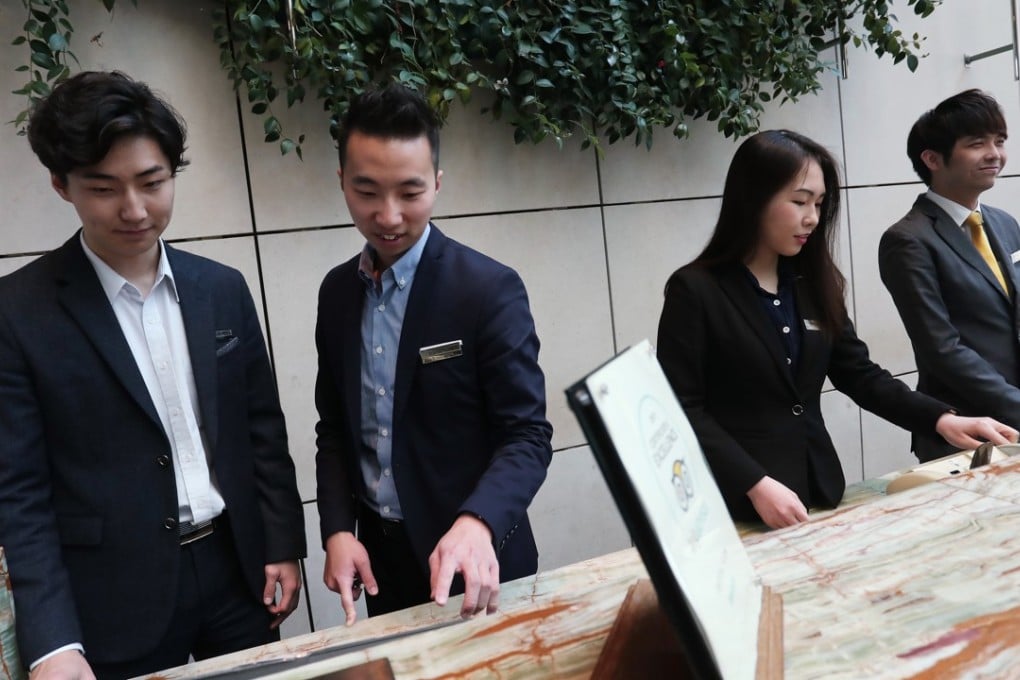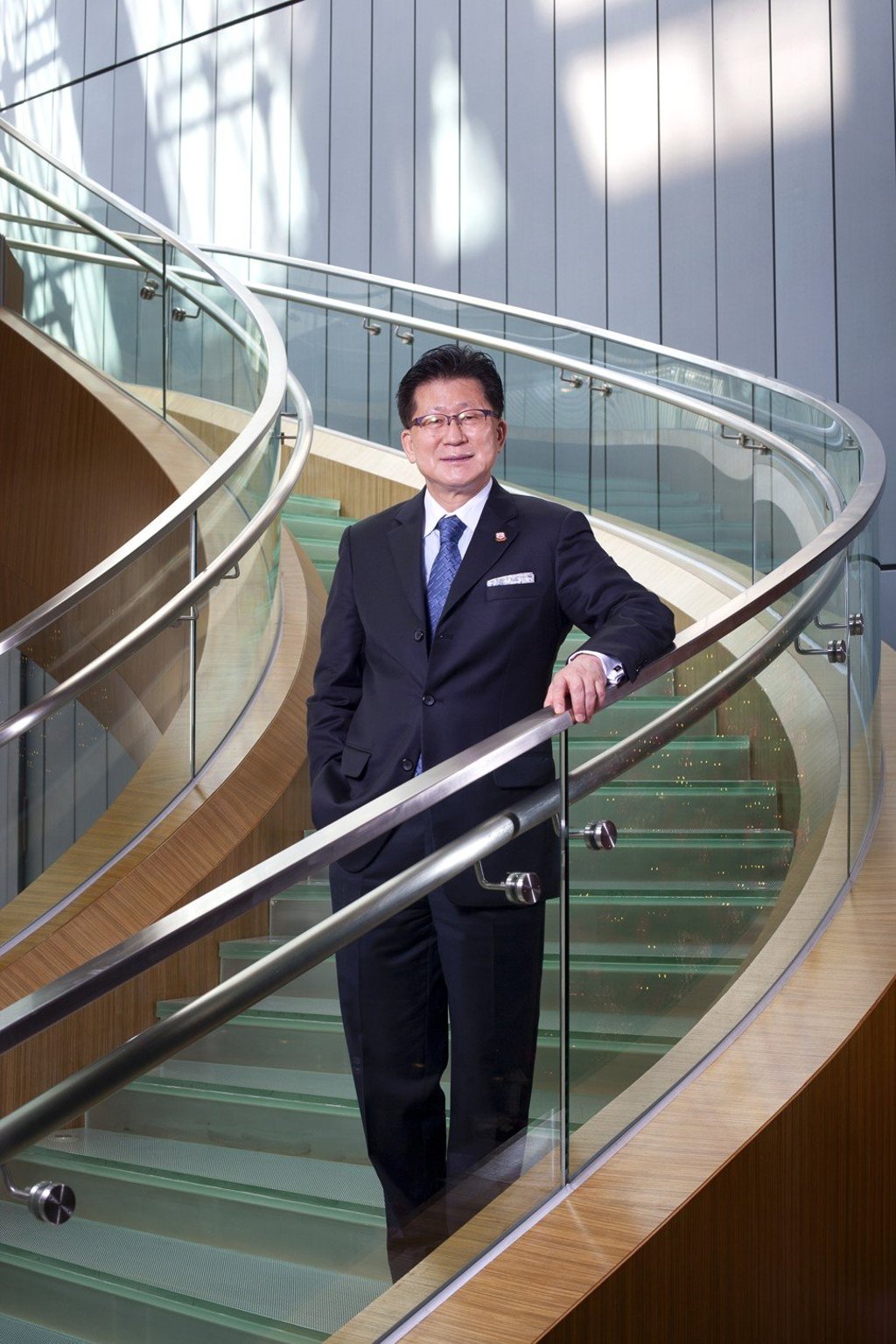A Hong Kong tourism success story: teaching hotel the industry derided has spearheaded change and earned a top ranking
Hotel Icon, opened by Hong Kong Polytechnic University, is a test bed for hospitality innovation, a highly respected teaching facility, and among the best places to stay in Hong Kong – so why does city’s tourism industry largely ignore it?

The image of Hong Kong’s tourism offering has been tarnished recently by losses at its theme parks, an idle observation wheel, and news that the reopening of the popular Avenue of Stars has been pushed back to 2019. However, there is one home-grown success story that is rarely reported.
When the foundation stone for Hotel Icon was officially unveiled some 10 years ago, many observers dismissed the concept of a smart, upmarket hotel staffed by students as a recipe for disaster.

“There was nothing like this … it was revolutionary,” says Professor Kaye Chon, dean of the school of hotel and tourism management at Hong Kong Polytechnic University, who conceived the idea. It was the first of its kind in Asia, and the world’s first purpose-built teaching and research hotel owned and operated by a university and set in a busy downtown area.
Hotel as classroom delivers Hong Kong PolyU school top rankings
For all the scepticism, once the 262-room hotel opened in the city’s harbourside Tsim Sha Tsui East entertainment district in September 2011, rather than being derided as a high-rise equivalent of the fictional Fawlty Towers, it earned glowing reviews. Hotel Icon has since received a series of international awards and commendations, including the Pacific Asia Travel Association (Pata) Grand Award 2017 for Education and Training. Furthermore, it has consistently been one of the highest ranked Hong Kong hotels on the TripAdvisor travel advice website.
